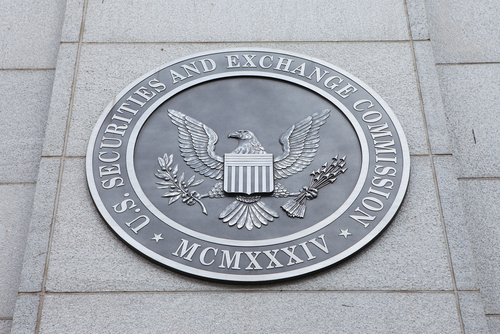U.S. Reps. Bill Huizenga (R-MI) and Andy Barr (R-KY) introduced a bill that would require the Securities and Exchange Commission (SEC) to alter how it issues disclosures.

Specifically, the Mandatory Materiality Requirement Act of 2022 would amend both the Securities Act of 1933 and the Securities Exchange Act of 1934 by inserting statutory language directly into both acts to require that when imposing a disclosure obligation, the SEC must determine that there is a substantial likelihood that a reasonable investor would consider the information disclosed to the SEC to be important with respect to an investment decision.
“American job creators are under constant assault from the heavy-handed regulatory approach of the Securities and Exchange Commission (SEC) under Gary Gensler,” Huizenga, the lead Republican on the House Financial Services Subcommittee on Investor Protection, Entrepreneurship, and Capital Markets, said. “Nowhere is this more evident than the SEC’s clear desire to massively expand disclosure requirements. Such an expansion would not only damage our economy, it would negatively impact small businesses and make it more difficult for investors to retire with financial security.”
The Mandatory Materiality Requirement Act of 2022 mirrors legislation introduced in the Senate by U.S. Sen. Mike Rounds (R-SD).
“The materiality standard is the investor-driven backbone of our capital markets. Immaterial reporting requirements like those outlined in the Securities and Exchange Commission’s climate-related disclosure proposed rule place an undue burden on companies and small business, discriminatorily choke off energy companies’ access to capital, and threaten American energy security,” Barr, the lead Republican on the House Financial Services Subcommittee on National Security, Monetary Policy, and International Development, said.